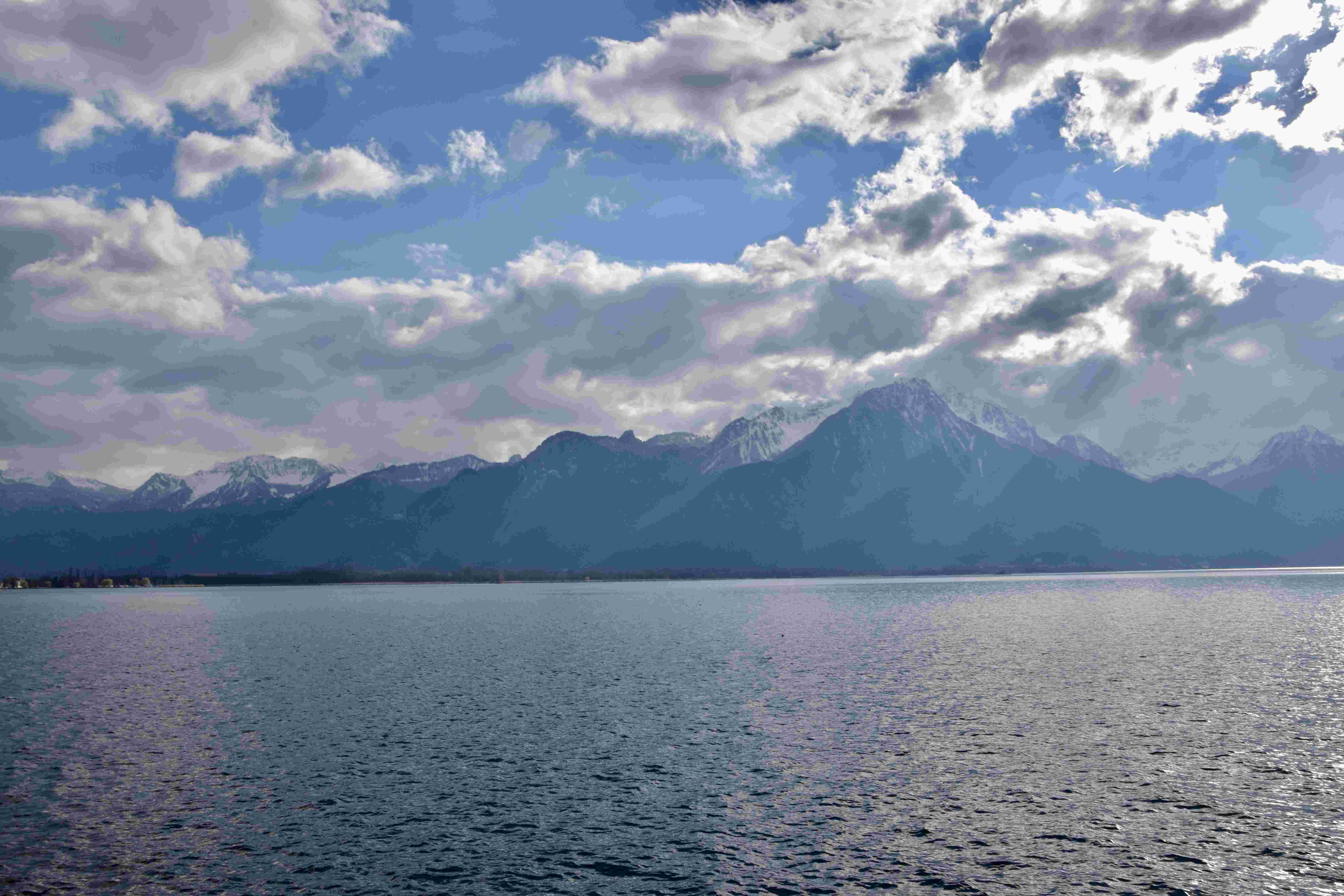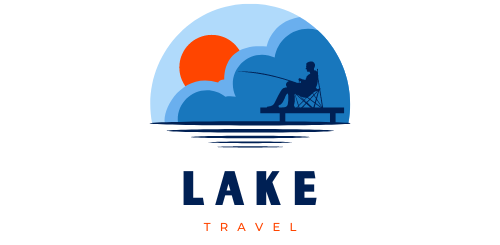Lake Geneva Yerkes Observatory, located in Williams Bay, Wisconsin, is a historic astronomical facility renowned as the ‘birthplace of modern astrophysics.’ Founded in 1892 by George Ellery Hale and financed by Charles T. Yerkes, it houses the world’s largest refracting telescope. The observatory has made significant contributions to astronomy, including discoveries of Uranus and Neptune’s satellites. Recently reopened to the public, it offers tours, star parties, and educational programs, continuing its legacy of astronomical research and public outreach.
What is the Historical Significance of Lake Geneva Yerkes Observatory?

Lake Geneva Yerkes Observatory holds a pivotal place in the history of astronomy. Founded in 1892, it represents a turning point in astronomical research, earning its moniker as the ‘birthplace of modern astrophysics.’ Here are some key historical aspects:
- Founding: Established by astronomer George Ellery Hale and financed by businessman Charles T. Yerkes.
- Construction: Built between 1895 and 1897, with first observations made in summer 1897.
- Design: Architect Henry Ives Cobb incorporated Hale’s revolutionary concept of integrating observation equipment with laboratory space.
- Innovation: At its inception, it was the most modern and complete observatory in the United States.
The observatory’s 40-inch diameter doublet lens refracting telescope remains the largest of its kind ever successfully used for astronomy, showcasing the facility’s groundbreaking nature from its very beginning.
What are the Major Milestones in Lake Geneva Yerkes Observatory’s History?

The Lake Geneva Yerkes Observatory has witnessed several significant milestones throughout its existence:
- 1893: The 40-inch refracting telescope was exhibited at the World’s Columbian Exposition before installation.
- 1897: First astronomical observations made at the observatory.
- Mid-20th century: William Wilson Morgan’s work on star distances and luminosities.
- 1944: Gerard Peter Kuiper discovers Titan’s atmosphere.
- Various dates: Discovery of several satellites of Uranus and Neptune.
- October 2018: Closure of the observatory under University of Chicago operation.
- May 2020: Ownership transferred to the non-profit Yerkes Future Foundation (YFF).
- May 2022: Reopening for public tours and programming under YFF management.
These milestones highlight the observatory’s continuous contribution to astronomical research and its recent transition to focus on public education and outreach.
Who are the Notable Figures Associated with Lake Geneva Yerkes Observatory?
Several prominent individuals have played crucial roles in the establishment and development of Lake Geneva Yerkes Observatory:
| Name | Role | Contribution |
|---|---|---|
| George Ellery Hale | Founder and First Director | Envisioned and established the modern observatory concept |
| Charles T. Yerkes | Financier | Provided funding for the observatory’s construction |
| Henry Ives Cobb | Architect | Designed the observatory’s unique Gothic Romanesque structure |
| William Wilson Morgan | Astronomer | Conducted groundbreaking work on star distances and luminosities |
| Gerard Peter Kuiper | Astronomer | Discovered the atmosphere on Titan |
These individuals, among many others, have shaped the observatory’s legacy and contributed significantly to the field of astronomy.
What Telescope Tours are Available at Lake Geneva Yerkes Observatory?
Lake Geneva Yerkes Observatory offers various telescope tours and viewing opportunities:
- Public Viewing Sessions: Available throughout the year, weather permitting.
- Telescope Options:
- 40-inch refractor telescope
- 24-inch reflector telescope
- Age Restriction: Visitors must be 10 years or older.
- Booking: Tickets and program details are available on the observatory’s website.
While specific information on tour duration and cost is not provided in the sources, visitors can expect an immersive experience exploring the historic telescopes and learning about their significance in astronomical research.
What Public Events Does Lake Geneva Yerkes Observatory Host Throughout the Year?
Lake Geneva Yerkes Observatory organizes several public events to engage astronomy enthusiasts and curious visitors:
- Evening Observing Sessions:
- Held multiple times throughout the year
-
Opportunity to view celestial objects through powerful telescopes
-
Star Parties:
- Family-friendly events
-
Activities include:
- Celestial object viewing
- Constellation identification
- Various astronomy-related activities
-
Guest Lectures:
- While specific dates are not provided, the observatory likely hosts educational talks by astronomers and scientists.
These events align with the observatory’s mission to advance public understanding of astronomy and continue its legacy of scientific outreach.
What Amenities and Facilities are Available at Lake Geneva Yerkes Observatory?
Visitors to Lake Geneva Yerkes Observatory can expect the following amenities and facilities:
- Parking: Available on-site (capacity details not specified)
- Accessibility: The observatory is designed to be accessible, though specific features are not detailed
- Restroom Facilities: Available on the premises
- Visitor Guidelines:
- Respect the historical and scientific nature of the facility
- Follow tour guide instructions
- Adhere to any age restrictions for specific programs
For the most up-to-date information on amenities and visitor guidelines, it’s recommended to check the observatory’s official website or contact them directly before your visit.
How Can Visitors Register for Events at Lake Geneva Yerkes Observatory?
To participate in events at Lake Geneva Yerkes Observatory, visitors should follow these steps:
- Visit the official Yerkes Observatory website
- Check the events calendar for upcoming programs
- Review ticket availability and registration requirements
- Follow the provided instructions to book your spot
It’s advisable to register in advance, especially for popular events or during peak seasons, to ensure availability.
Lake Geneva Yerkes Observatory continues to inspire and educate visitors about the wonders of the universe. Its rich history, coupled with its renewed focus on public engagement, makes it a must-visit destination for astronomy enthusiasts and curious minds alike.
References:
1. https://www.princetonnaturenotes.org/2018/12/yerkes-observatory-giant-eye-in-need-of.html
2. https://www.nps.gov/parkhistory/online_books/butowsky5/astro4p.htm
3. https://en.wikipedia.org/wiki/Yerkes_Observatory
